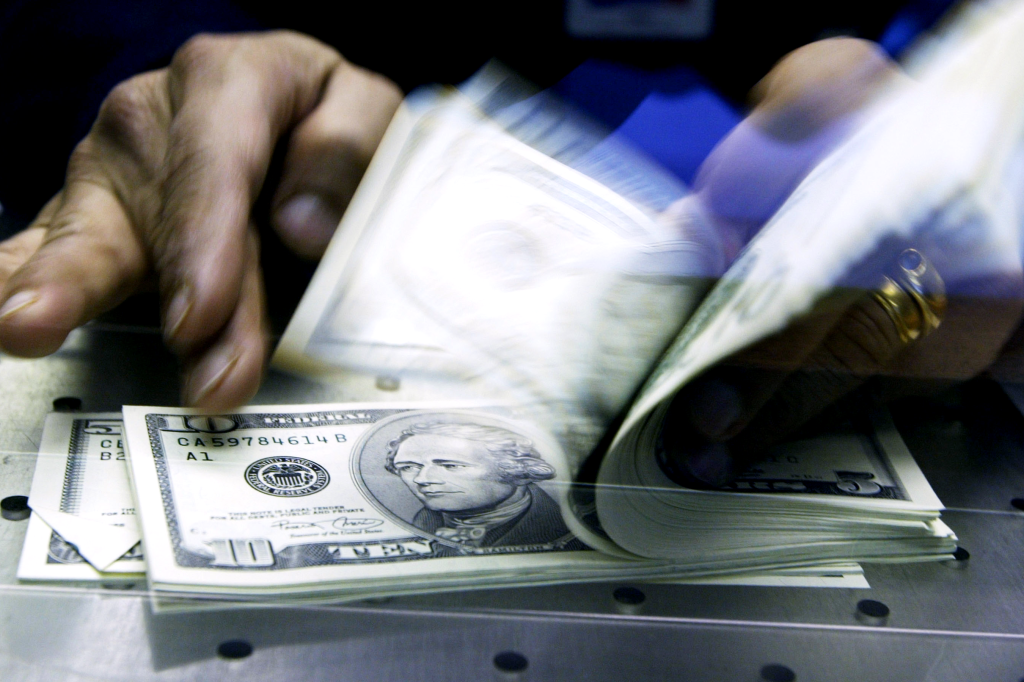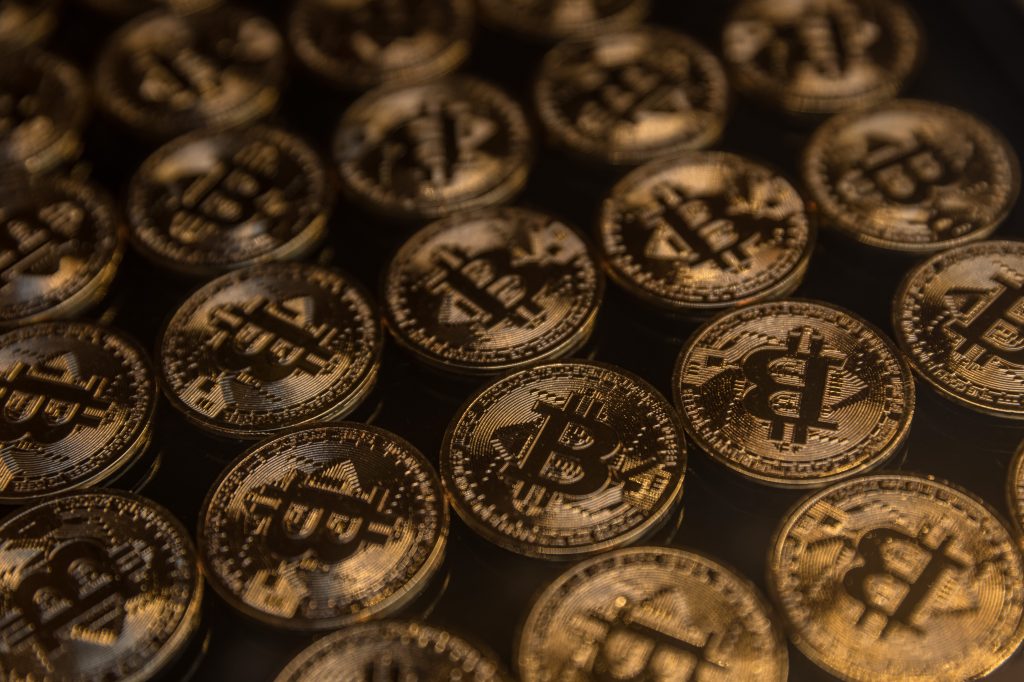The Securities and Exchange Commission (SEC) and the US Department of Justice (DOJ) have charged US-based company Honeywell International Inc and its subsidiary, Honeywell UOP with bribing a high-ranking official at Brazil’s state-owned oil company. The SEC is also charging the company with bribing an Algerian government official.
According to the company’s admissions and court documents, Honeywell offered $4m in bribes to a then-high-ranking executive of Petróleo Brasileiro S.A (Petrobras) in Brazil in connection with a bidding process.
“Honeywell UOP offered to pay millions of dollars in bribes to a high-ranking executive at Brazil’s state-owned oil company to win a lucrative contract.”
Kenneth A Polite, Jr, Assistant Attorney General of the Justice Department’s Criminal Division
The bribe was made to obtain and retain work from Petrobras, specifically a contract, worth approximately $425m, to design and build an oil refinery called Premium. In exchange for the bribe, Honeywell UOP obtained business advantages, plus inside information and secret assistance, and later won the contract.
Honeywell UOP is estimated to have earned $105.5m in profits from the contract.
Violating FCPA
Besides the Brazilian bribery, the SEC has also charged the company over events in 2011, when employees and agents of Honeywell’s Belgian subsidiary paid more than $75,000 in bribes to an Algerian government official. The mission was to obtain and retain work with the Algerian state-owned Sonatrach.
“For years, Honeywell neglected to implement sufficient internal accounting controls to mitigate against known corruption risks in countries like Brazil and Algeria,” said Charles Cain, Chief of the SEC Enforcement Division’s FCPA Unit. “This failure created an environment in which Honeywell employees and agents could and did facilitate bribes.”
The company is charged with violating the Foreign Corrupt Practices Act (FCPA).
“Honeywell UOP offered to pay millions of dollars in bribes to a high-ranking executive at Brazil’s state-owned oil company to win a lucrative contract,” said Assistant Attorney General Kenneth A Polite, Jr of the Justice Department’s Criminal Division. “Today’s resolution once again demonstrates that in our relentless fight against corruption, the Department of Justice will work together with our partners, both domestic and foreign, to hold companies accountable for their criminal conduct.”
$202.7m in fines
Honeywell has consented to the SEC’s order that the company violated the anti-bribery, books and records, including internal accounting controls provisions of the Securities Exchange Act of 1934. The subsidiary Honeywell UOP has also entered into a three-year deferred prosecution agreement (DPA) with the DOJ in connection with violating the anti-bribery provisions of FCPA.
Without sharing the payment details, the company announced that it will pay a total of $202.7m in penalties, disgorgement, and prejudgment interest to settle all charges with all parties, including the Brazilian authorities (the Federal Prosecution Service, the Comptroller General of Brazil, and the Attorney General of Brazil).
“Money is the center of the criminal world, and this company became a part of that world when it failed to adhere to national and international laws.”
Charge Ramsey E Covington, Special Agent of the IRS Criminal Investigation (CI) Houston Field Office
In the orders from the SEC and the DOJ, the company agreed to pay $81m to settle with the SEC and more than $78m to settle with the DOJ. The company has also agreed to settle additional charges brought by the Brazilian government.
However, both departments said that they would provide an offset or credit of the fines if any payments were made to Brazilian authorities. The SEC agreed to offset up to about $39.6m and the DOJ to a $39.6m credit.
Cooperated with investigation
Honeywell UOP did, however, receive credit for its cooperation with the DOJ’s investigation, which included:
- proactively disclosing certain evidence of which the department was previously unaware;
- providing information obtained through its internal investigation, which allowed the department to preserve and obtain evidence as part of its own independent investigation;
- making detailed presentations to the department;
- voluntarily facilitating interviews of employees; and
- collecting and producing voluminous relevant documents and translations to the department, including documents located outside the United States.
“We are pleased to have this legacy matter behind us, as these events in no way reflect the current leadership, culture and values that Honeywell has come to establish over a decade since this activity occurred,” said Darius Adamczyk, chairman and chief executive officer of Honeywell.
“We stand behind our recognized world-class ethics and compliance program and all Honeywell employees are expected to abide by all laws in the countries in which we operate and conduct themselves with the highest levels of integrity at all times.”
Compliance program
The subsidiary Honeywell UOP will also continue to cooperate with the DOJ in any ongoing or future criminal investigations relating to this conduct, as part of the DPA. Honeywell UOP has already started taking extensive remedial measures, some of which are terminating and disciplining certain employees involved in the misconduct, and strengthening the company’s and its parent company’s compliance program.
With these measures, the criminal penalty reflects a 25% reduction off the bottom of the applicable guidelines fine range.
“This case exemplifies corporate misconduct on a global level,” said US Attorney Alamdar S Hamdani for the Southern District of Texas. “Prosecuting and investigating this type of crime is an important role our office takes seriously in order to ensure fair and equal playing fields for US companies and consumers.”
“Money is the center of the criminal world, and this company became a part of that world when it failed to adhere to national and international laws,” said Special Agent in Charge Ramsey E Covington of the IRS Criminal Investigation (CI) Houston Field Office. “It did not live up to the trust placed on it by both the public and its shareholders. In situations like this, IRS-CI will pursue criminal enterprises, regardless of where they operate. Our investigation in this case remains open and we are working with our law enforcement and prosecutorial partners to ensure that crime doesn’t pay.
















